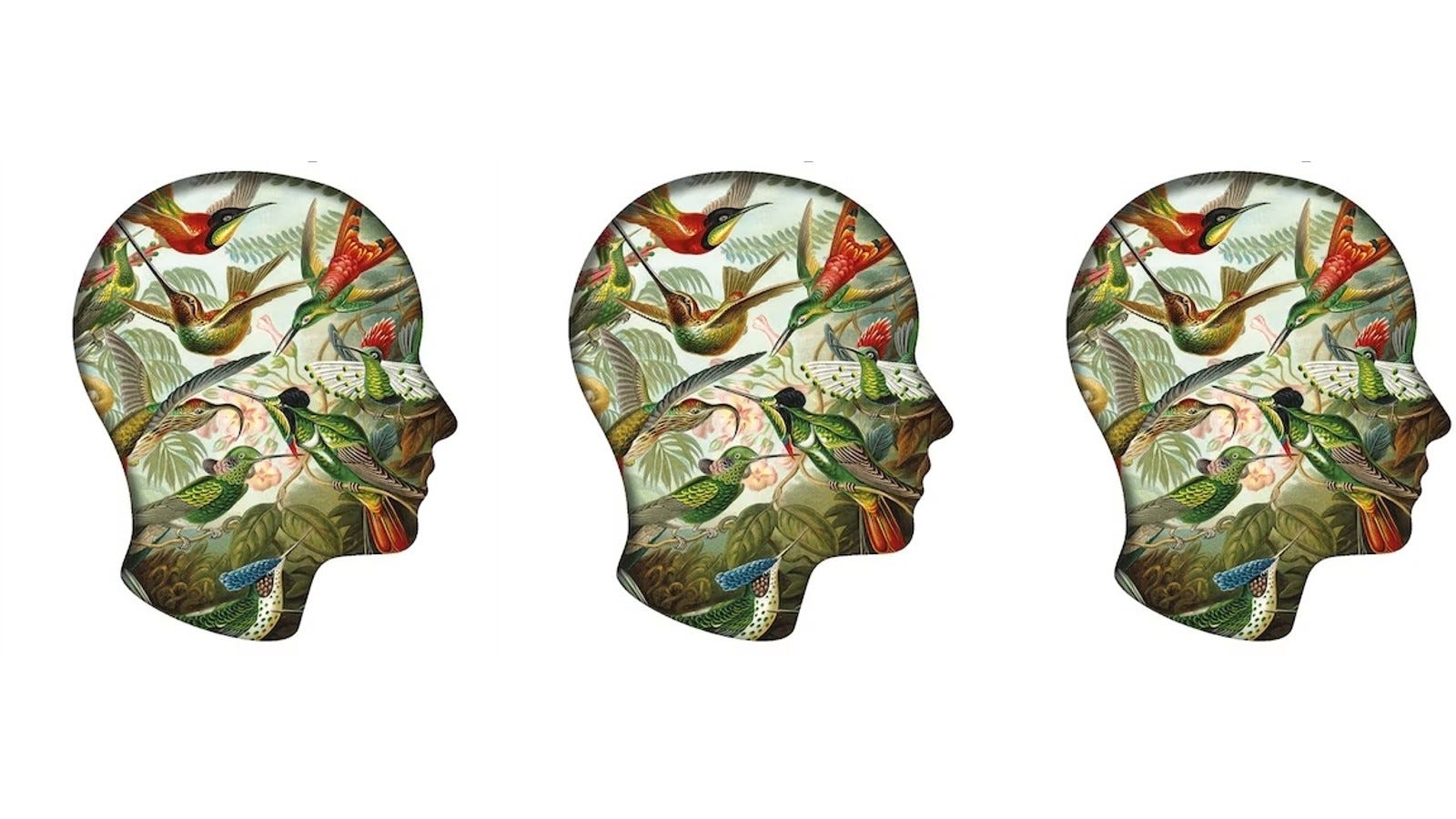
Everything Differing Would Constitute a Monstrosity: Statistical Analysis and The Empire of Normality
“By studying records of Scottish soldiers, he [Adolphe Quetelet] was able to make averages of height, weight, and so forth to understand and predict the nature of the typical Scotsman. Based on this, Quetlet argued that the concept of the average man would be helpful for understanding the ‘normal state’ of health. This is perhaps best exemplified by Quetlet’s development of, among much else, the very Body Mass Index, or BMI, formula that is still used today to measure whether people are under, or over, their ideal weight. This also allowed notions such as the average heart rate, or normal lung capacity, to be developed over the following century. This allowed human mechanistic functioning to not just be understood as working or broken, but to be assessed and ranked in ever-more fine-grained ways in relation to whatever was considered normal.
Yet like the shift to the machine metaphor, this too was not simply a matter of scientific progress. To understand it fully, we must recognize how it mirrored shifts in social and material relations. It was not just that this helped ground a mechanistic science of the body, allowing for recognition of different levels of functioning. Quetelet also posited the average man as the ideal person of post-revolution France in a way that helped create a new ideal: ‘If the average man were completely determined,’ he wrote, we might ‘consider him as the type of perfection; and everything differing from his proportions or condition, would constitute’, he went on, ‘a monstrosity’. In making this leap, Quetelet helped solidify the association of the average man not just with health but also with moral goodness and perfection. The error curve developed to predict the course of stars now applied to human normativity, and to be abnormal was to be a mistake of nature.” –Robert Chapman, Empire of Normality
Upon reading the above passage from Robert Chapman’s book, Empire of Normality: Neurodiversity and Capitalism, I could not help but reflect on how I have been labeled ‘lazy,’ ‘incapable,’ and ‘inefficient’ by many people throughout my life; one amusing example immediately comes to mind: working at Burger King at age 16 was a harrowing experience because I obsessively HAD to take my time and make the burgers look just like the commercial (not joking). Obviously this was not cool or acceptable. Looks didn’t matter at BK, efficiency was the focus (and still is, even though we all intuitively know how much visual appearance matters in the art of cooking).
Anyway, this sort of thing happening regularly can honestly be incredibly demoralizing, which is perhaps why one of the most important takeaways for me from Chapman’s book (which I recently read) was their argument that “normality” should not be considered any sort of objective truth but is rather better understood as a human social arrangement. The concept of “normal” exists largely because of capitalism’s need to categorize people into roles that serve economic efficiency.
Accepting oneself is oftentimes an important step in coming to accept others and so, in that attempt (and to paraphrase Mother Teresa), I have come to accept that I may indeed be forever absent from the Heaven of economic efficiency to always be found with the poor, lazy, distracted little ones here on Earth. Amen.

0 Comments